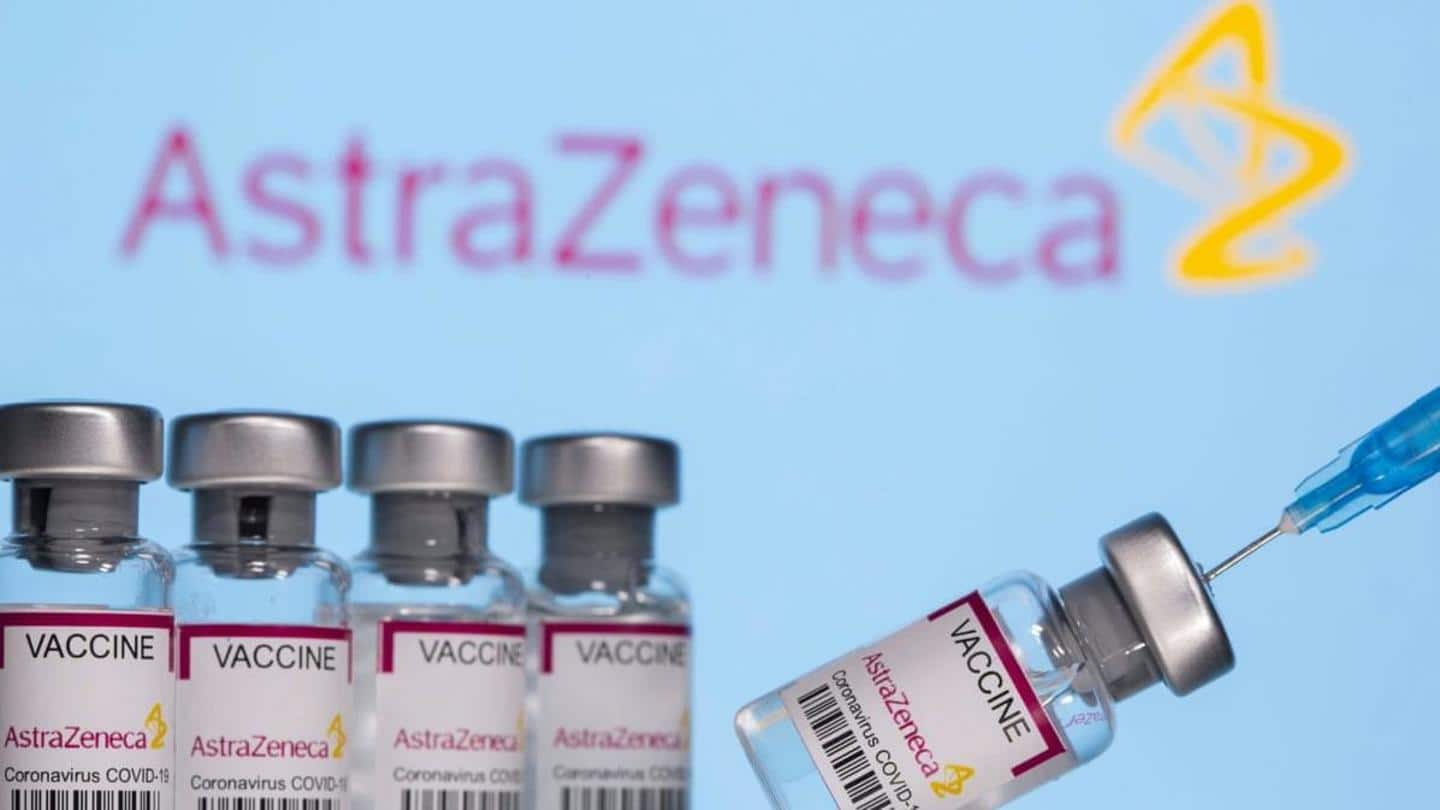
UK: Seven blood-clotting-related deaths in 18mn AstraZeneca COVID-19 vaccine recipients
What's the story
On Saturday, the United Kingdom's medical regulator said that seven people—out of more than 18 million recipients of the Oxford-AstraZeneca jab for COVID-19 in the country—died of unusual blood clots.
The Medicines and Healthcare products Regulatory Agency (MHRA), however, said the cause remains unclear. The acknowledgment comes as several countries temporarily halted AstraZeneca vaccinations for under-60-year-olds over potential blood clot concerns.
Here's more.
Details
30 people suffered from blood clots; of them 7 died
The UK's MHRA revealed that of the millions of AstraZeneca shot recipients, 30 people suffered from blood clots and seven of them died. "Out of the 30 reports up to and including 24 March, sadly 7 have died," it said.
On Friday, the Netherlands restricted AstraZeneca vaccine's use for people below 60. Other countries like Germany, France, and Canada also took similar decisions earlier.
Reports
Reports of blood clotting were submitted via a government website
The MHRA said there were 30 reports of thrombosis (blood clotting) submitted by medics/members of the public through a government website after 18.1 million doses of the AstraZeneca vaccine were administered across the UK.
It said 22 cases were cerebral venous sinus thrombosis—a rare condition of blood clotting in brain—while eight people suffered thrombosis and low blood platelet levels that result in blood clotting.
Vaccination
UK so far administered 31 million first vaccine doses
The UK medical regulator said that its "thorough review into these reports (of blood clotting) is ongoing." Meanwhile, it also said that there have been no reports of blood clotting due to the Pfizer-BioNTech vaccine.
So far, over 31 million first vaccine doses of both the Pfizer-BioNTech and the Oxford-AstraZeneca shots were administered in the country. However, beneficiaries cannot select which vaccine they get.
Low risk
Medical regulator stresses vaccine benefits outweigh the risks
The MHRA, on its website, stated that based on the current data, the benefits of taking the COVID-19 vaccines outweigh the risks, stressing the number of cases of blood clotting in the AstraZeneca shot receivers remains low.
People are urged to get vaccinated as the risk of death is higher in those who aren't inoculated compared to those who have taken the AstraZeneca vaccine.
Quote
Public should continue to get their vaccine: MHRA Chief Executive
Dr. June Raine, the Chief Executive of the MHRA, was quoted by BBC as saying: "The benefits (of the vaccines)...in preventing COVID-19 infection and its complications continue to outweigh any risks and the public should continue to get their vaccine when invited to do so."
EU regulator
European Medicines Agency believes the AstraZeneca vaccine is safe
Meanwhile, the European Medicines Agency (EMA)—the European Union (EU) drug regulator—that previously declared the Oxford-AstraZeneca vaccine as safe is expected to announce its updated advice on April 7. The World Health Organization (WHO) had also declared it safe earlier.
On Wednesday, the EMA reiterated it believes the AstraZeneca shot is safe and experts found no specific risk factors like age, gender, or medical history.